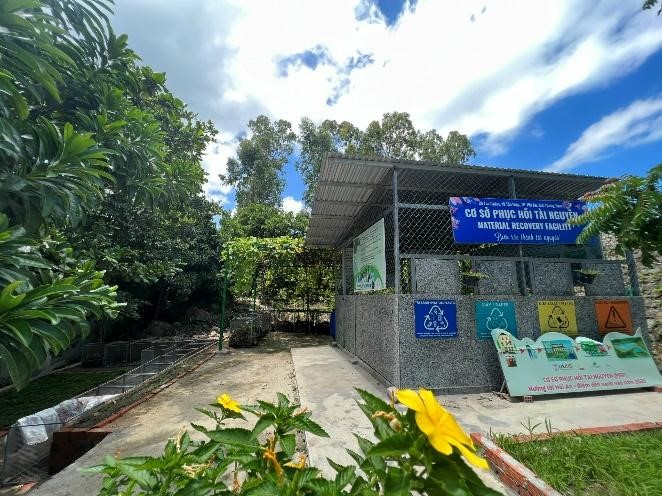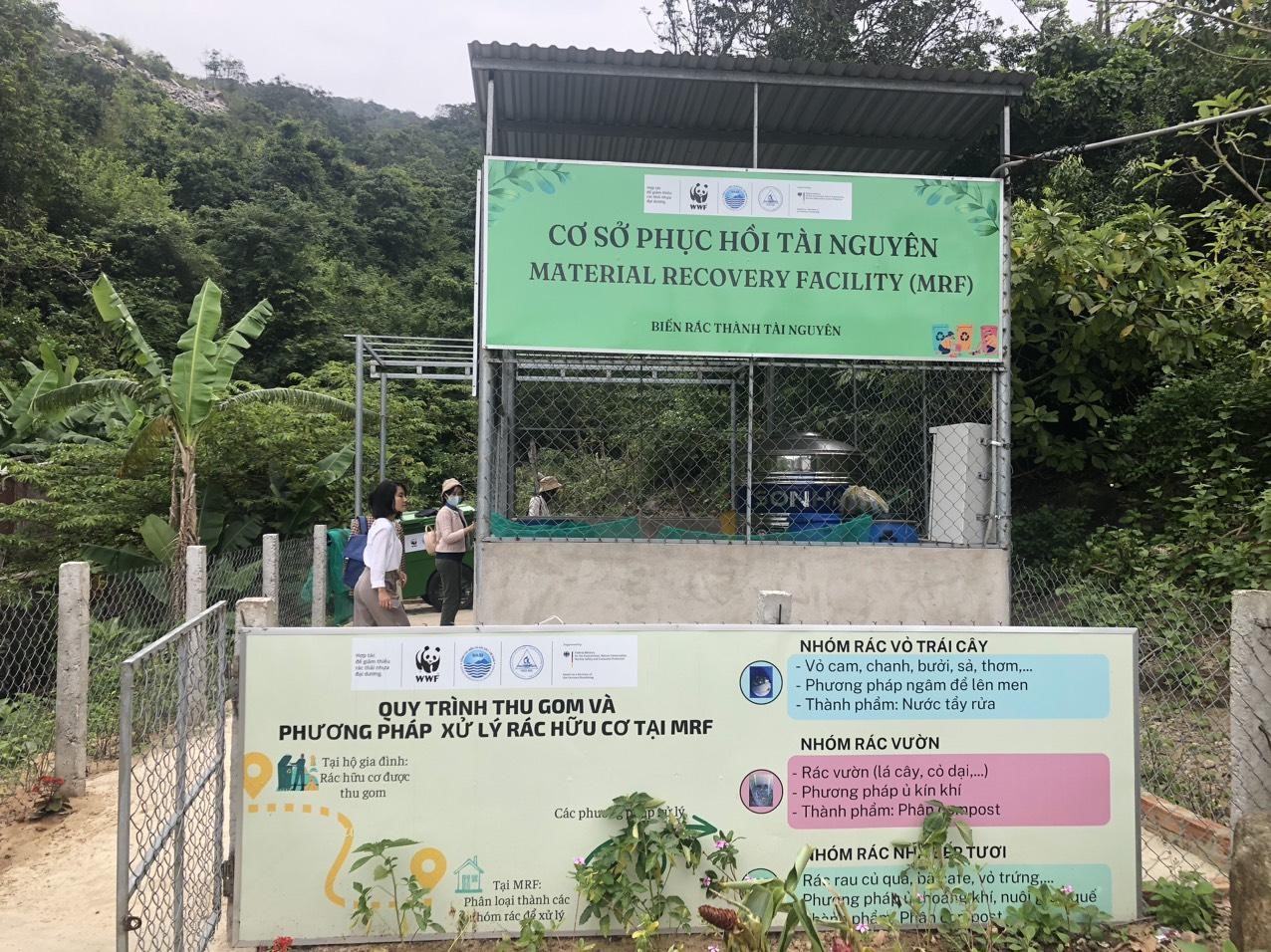The Problem
Regular waste collection is taken for granted in wealthier parts of the world, but there are still more than two billion people living in lower and middle income countries without this basic service.
When there is no such service, people resort to dumping or burning their waste close to where they live. These practices are harmful to public health, local economies and the environment, especially in areas near waterways, which prove to be a convenient receptacle for urban waste.










